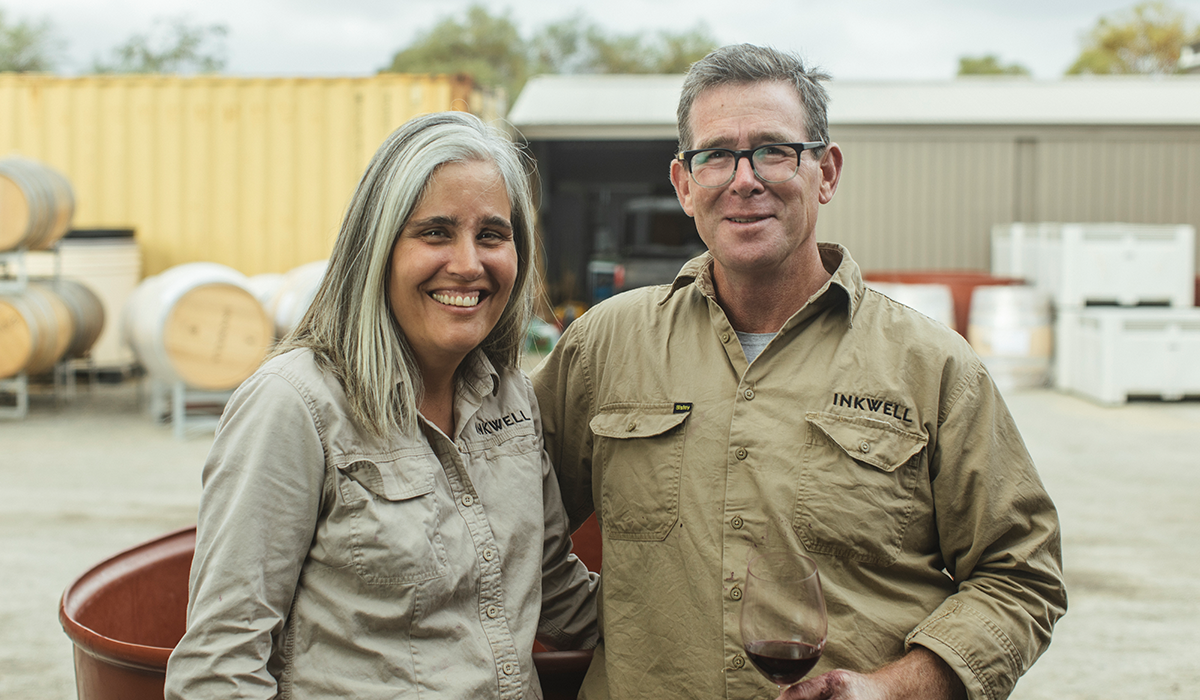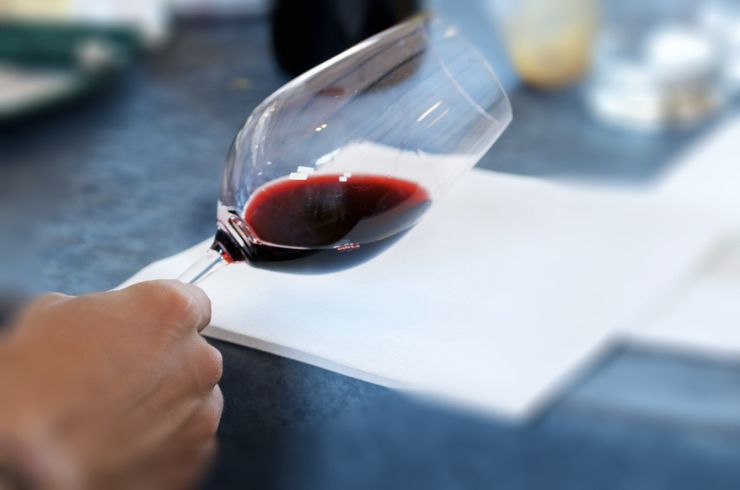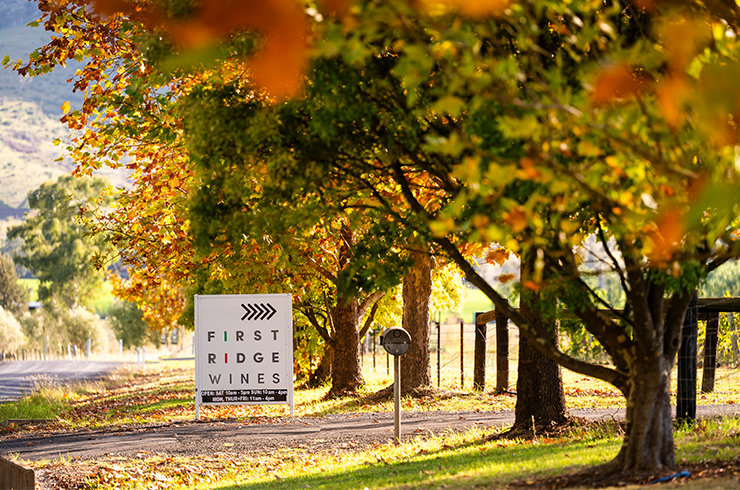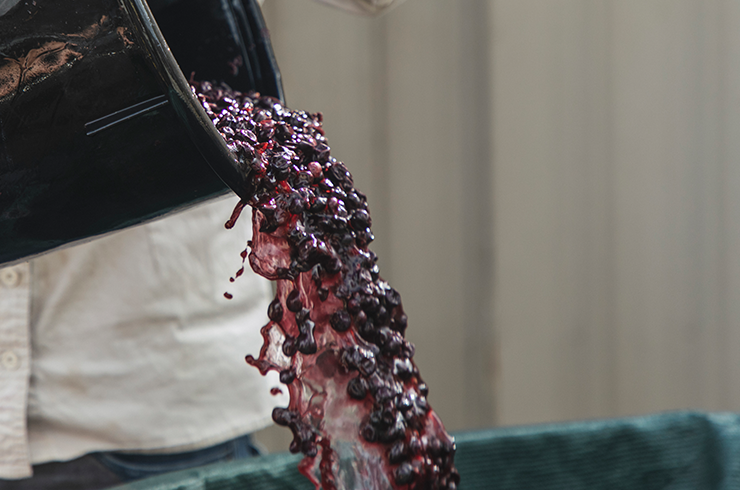Inkwell’s Hack the Future of Shiraz 2.0 is underway, with entries closing on January 28th, on the cusp of the 2025 harvest. Applicants can hail from any Australian region, with those successful tasked with making a wine from Inkwell fruit in any manner, so long as it charts a new path for shiraz. The winners are the recipients of the fruit, the resultant wines polemics for a new future, liquid essays to provoke thought and discourse.
The 2024 Hack the Future of Shiraz project wines were unveiled recently, with five makers – Steve and Jemma Fielke (J&S Fielke), Erin Pooley (Little Frances), Michelle Li (Ms. L), Darcy Chiswell (Daa_See) and Nick Dugmore (I. Am.) – showing their fresh spin on the grape, alongside Inkwell’s own reboot. Those wines were unveiled at Inkwell’s cellar door, with Mike Bennie leading the conversation with the makers and groups of professionals and enthusiasts.
“Using this outstanding vineyard for such a disruptive, revitalising project is generous and resonates strongly with me,” says Mike. “The idea that a diverse array of up-and-coming winemakers will be enabled to assist in a cultural revitalisation of such a vaunted variety from this region is relevant for our time.”
McLaren Vale is often described as one of Australia’s most progressive wine regions, arguably leading the charge on organics, collaborating on water reclamation projects, working to better map the region’s geological nuances. And beyond that, in a less formal and more organic way, it has become the locus of the grenache renaissance and hotbed of alternative varieties.

These things take time, collaborative effort and plenty of perseverance. But with their three-year hacking project, Inkwell’s Dudley Brown and Dr Irina Santiago-Brown are looking to kickstart a robust conversation around our hero grape, which is in a serious oversupply crisis that is seeing growers pushed to the brink. It is also a way of showcasing the benefits of proper regenerative farming. “Our goal is to lift up the future of shiraz and regenerative wine farming together by linking geology, soil biology and oenology to redefine Australian wine,” says Irina.
“This project is about direction, not perfection,” adds Dudley. “Australia has gone from zero to hero with grenache and chardonnay in the past 15 years. Shiraz is our next mountain to conquer. We believe that will increasingly happen as regenerative viticulture becomes the norm.”
The project is not seeking to subvert the incumbent shiraz styles, but rather it’s about finding new, more approachable expressions to swell the field, new pathways for a grape that occupies nearly 40,000 hectares of vineyard land, accounting for 46 per cent of all red grapes. And they’re putting their best foot forward, offering five makers each a tonne of A-grade organic fruit from their Tatachilla vineyard.
A-grade organic sells it a little short. Inkwell is Australia’s first Regenerative Organic Certified (ROC) vineyard (one of the first 15 in the world), and the measurable benefits of their farming, from fruit quality to carbon sequestration, have been startling. “We chose to celebrate these outcomes with ‘below the radar' winemakers by giving them access to ‘A’ quality phenologically ripe grapes at much lower sugars than are typically grown in industrially managed vineyards,” Dudley says.
The winemakers’ notes will be shared to further the discussion, and all the wines will receive constructive feedback from an international panel, including from Halliday Wine Companion, JancisRobinson.com, Wine Enthusiast, Wine Advocate and The Wine Front. The wines will be partly sold in mixed six packs, with the remaining wines sold directly by the makers.
The project is open to all Australian winemakers, with applications taken online. The entries close soon, on 28 January, 2025. The successful applicants are announced the first week of February, with harvest projected to occur in mid-February.
For more information or to enter, visit inkwellwines.com.





